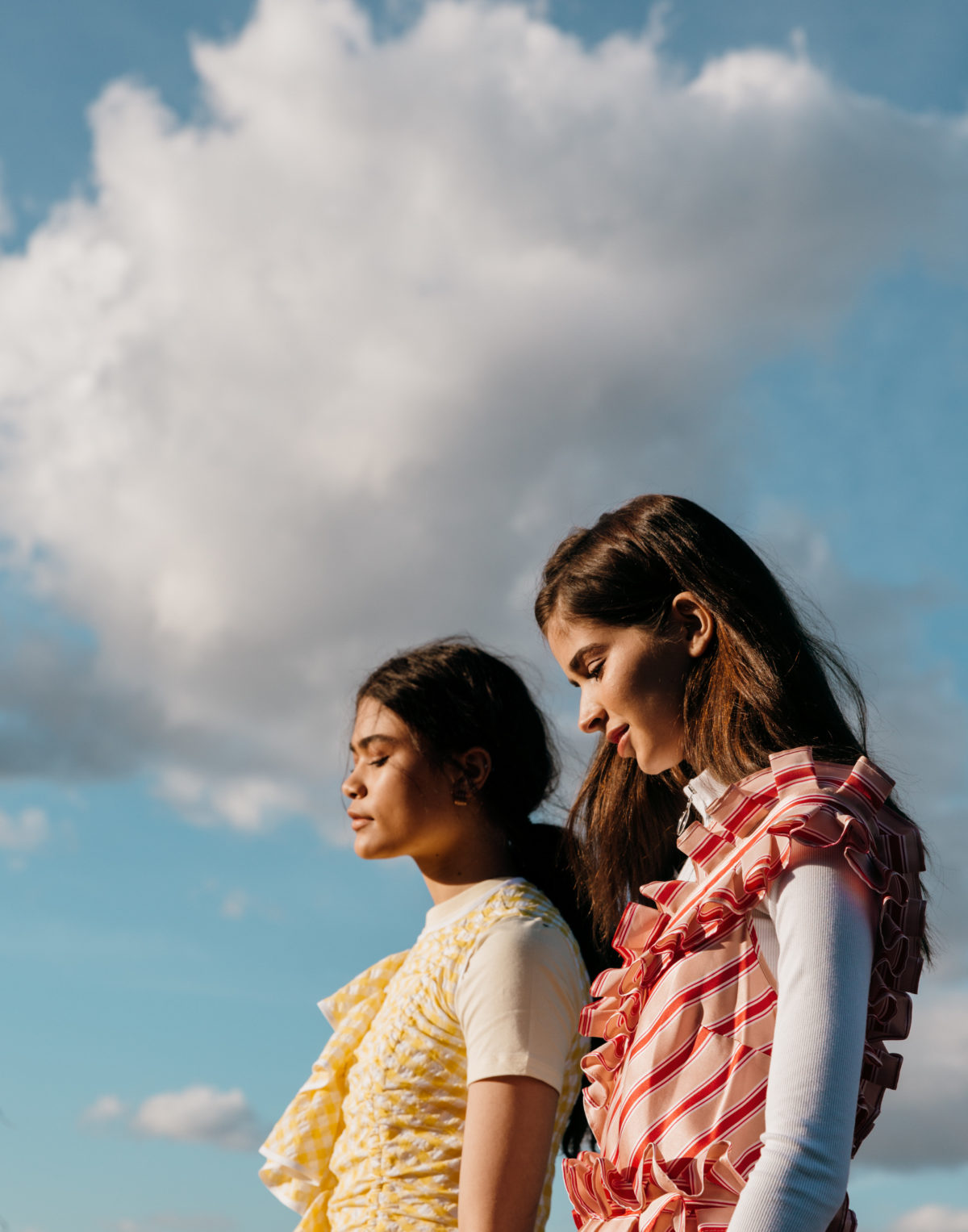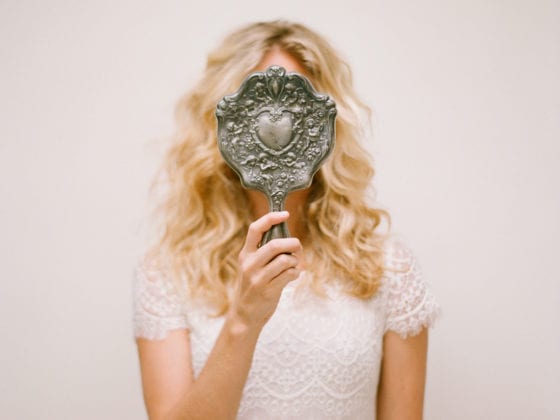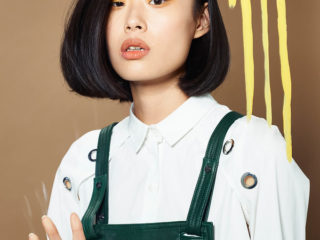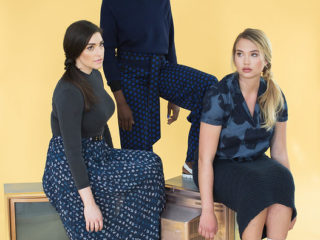You know that feeling of restlessness that keeps you up at night? The one where your mind keeps comparing, judging yourself on what you have and what you should have. That small fear that keeps you from doing something different than expectations.
These thoughts haunted me for a long time. I remember vividly as a small girl when my dad would put me on his big leather chair and ask who I wanted to be when I grew up. I looked at him across the table and he grinned.
“A boss, that’s what my little girl should be,” he said.
This moment sums up what success looked like for me growing up. Being part of an entrepreneurial Chinese-Indonesian family. It was all about achievements and external validation—how much you earn, along with the prestige and power that comes from your title. I was a strong believer in that philosophy.
Trained as an economist in the Netherlands, I thought I had it all when I landed a job in one of the most prestigious development agencies in Indonesia. I was convinced that climbing the ladder would bring me happiness. If I did not feel it just yet, then all it would take was to work harder. Climb higher.
Yet, something in my heart just wouldn’t rest.
I had fallen in love with handcrafted textiles a while ago and decided to meet artisan communities in remote villages on Java island. There, I fell in love with the beauty of craft traditions. It goes beyond merely handmade items. There is profoundness in how each fabric tells our humanity’s story. Invisible to the market, these women have passed this tradition from mothers to daughters. Yet every day, they struggle to make ends meet.
There is profoundness in how each fabric tells our humanity’s story.
This led me to start SukkhaCitta, a social enterprise that pioneers transparency and change for artisans in villages across Indonesia. The name itself means happiness in Indonesian, which embodies the mission to bring back stories and pride to these remarkable craftswomen who have remained invisible for too long.
It was a journey of many, many small steps—always pushing back fear, always fighting back feelings of not being good enough, always casting doubt aside that I was too small to make a difference. Slowly, things started moving in the right direction. By following my heart, I unlocked something that drew people to me and my cause gaining momentum that allowed me to grow from initially only three women to now more than 100 artisans. Our goal is to reach 1,000 by 2023.
It was a journey of many, many small steps—always casting doubt aside that I was too small to make a difference.
Taking an unconventional career path, I knew I’d meet far too many people who will question my choices. I remembered sharing my ideas to a friend before SukkhaCitta even started, his confused face betraying his support.
“You want to work with clothes that are handcrafted. From villages that are difficult to reach? How can you make a lot of profit if your costs are so high? How can you achieve success?”
Ah. Economies of scale. A concept I too was trained in as an economist, where the end goal is to make more so your costs are as cheap as possible. This meant get your production as large as possible and get people to buy more.
Last weekend, I found an old drawing I made when I was a girl. Two mountains with a peeking sun in the middle and a rice field below. A drawing that everyone who went to school in Indonesia will recognize. Yet, even with this standardized concept, none of the drawings in our class ever looked the same. They all bore the uniqueness of the creator’s handprint. Something that is you and yours alone.

Yet overtime, we fall into a system that sets the course of life for us. We’re given a standard of what a successful life is. Get a stable, high paying job. Get married. Have kids. Buy a house. Buy a car. Wait for vacations. We forget how unique our paths are, striving for a standard of perfection that we didn’t create.
So back to the original question: Why should we choose handmade things—when it’s so much easier to just go to the mall and get a mass-produced T-shirt that costs as little as three cups of coffee?
When we buy a handmade item, we don’t just buy an anonymous thing. We buy into its history, its process. The patience that goes into it as the craftswomen carefully make it with their hands. Something that is as individual as you are. Something that was not made to be part of the endless new-season-and-sale cycle—but truly for you.
When we buy a handmade item, we don’t just buy an anonymous thing. We buy into its history, its process.
A human connection in a world so disconnected. Perhaps through this, handmade pieces provide a salvation of sorts. Its imperfections remind us that we are all work in progress—a work where our bruises and scars are actually what makes our story so perfect.











1 comment
I love this! It’s definitely true that there’s a story behind every handmade piece. This has inspired me to try harder with my journey to shopping more sustainably and avoiding fast fashion! 🙂
–
Charmaine Ng | Architecture & Lifestyle Blog
http://charmainenyw.com